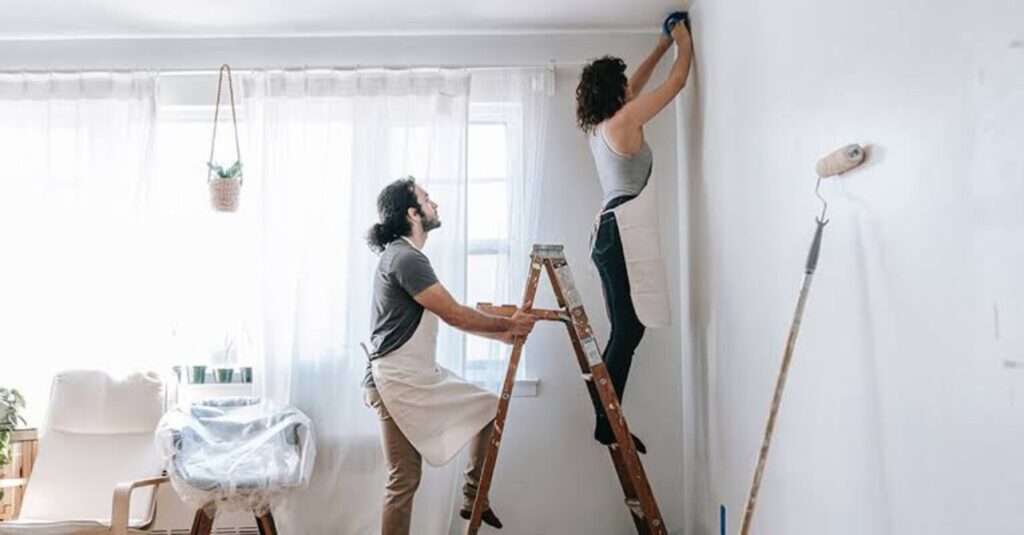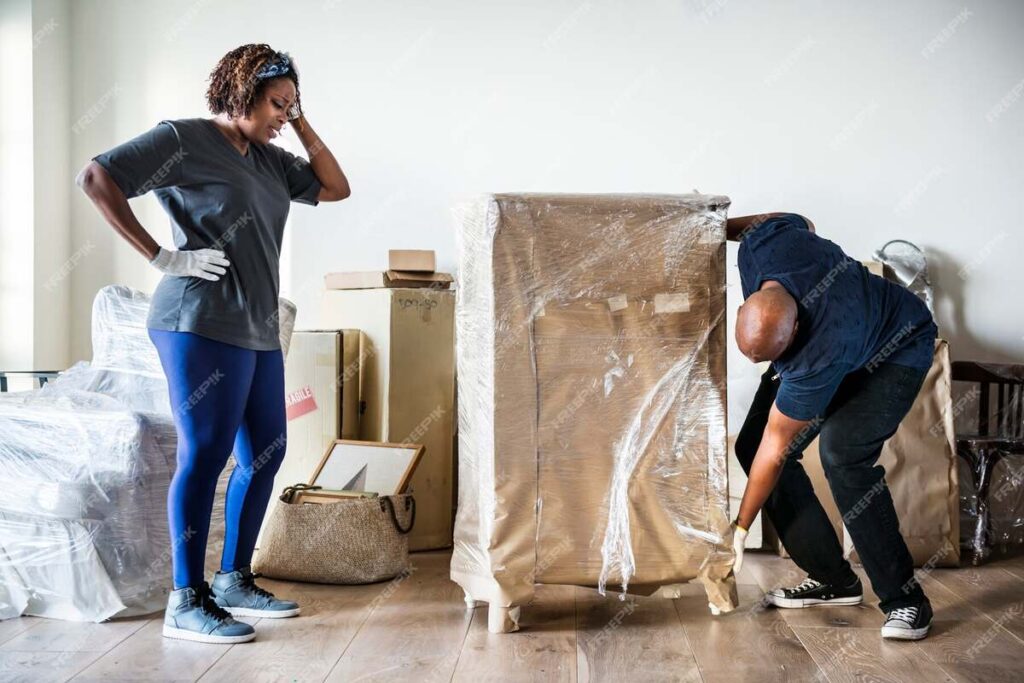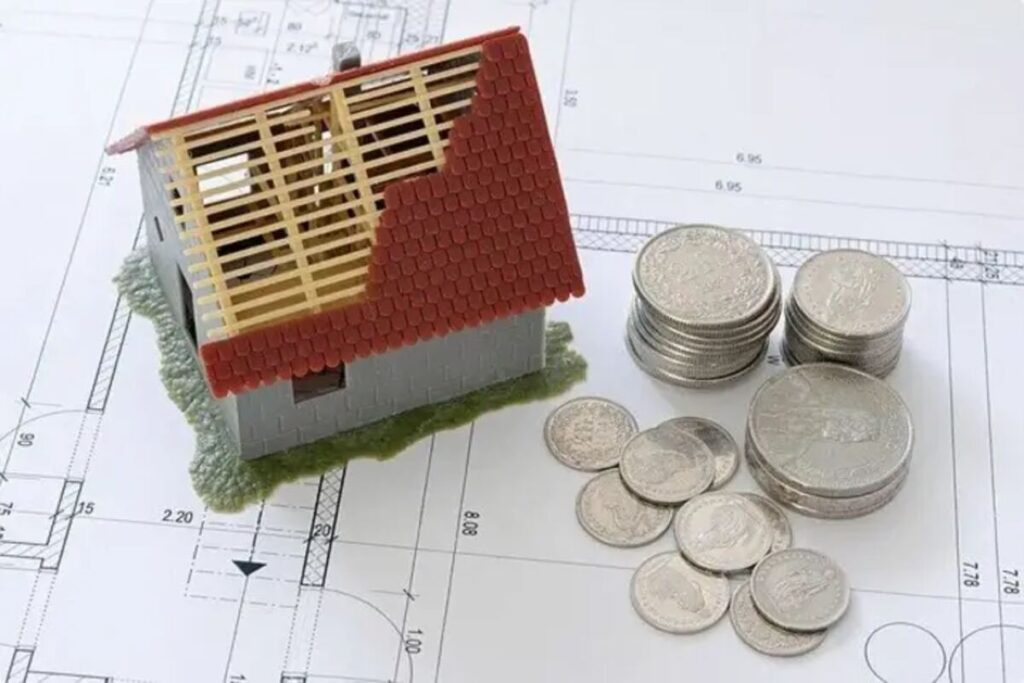Homebuilders naturally admit how difficult home construction can be; however, they seldom show people how to save money when building a house.
So, we have come up with 25 life-saving tips on how to save money when building that dream house. These tips involve cutting down on several small expenses that eventually add up to huge savings. We wish you a happy home-building experience as you adopt some or all of our suggestions.
1. Establish the Upper and Lower Limit of Your Home Building Budget
Identifying costs to consider when building a house and before taking any definite step is essential. The intending builder needs to self-reflect on how much they would be willing to splash on the project and whether construction loans would be necessary. Budgeting would be a wasted effort if the intending builder is unwilling to stick with their financial blueprint.
ALSO READ: How to Save Money: 13 Simple and Effective Tips
2. Keep Tabs With the Current Mortgage Rates
Mortgage rates are not constant but vary with time. Consequently, it is always advisable to be on the lookout for policy changes that crash mortgage rates. Homeowners usually refinance their construction loans during such troughs; however, it may take a long wait. So, home builders should consult with lenders to get information on prevalent mortgage rates.
3. Compare Multiple Lenders Before Settling for One
Beyond the regulatory mortgage rates, the other terms of mortgage loans vary from lender to lender. So, comparing mortgage loan repayment options from multiple sources is wise before settling for one. The average home builder, particularly first-timers, is unfamiliar with the factors to consider when picking a lender. Consequently, consulting with a real estate agent may be the best bet.
4. Strike the Right Balance in Your Choice of Builder

After the lender of the needed funds has been established, the next thing in the phased building process is selecting a builder. Since we are particularly interested in saving money when building a house, hunting for a builder that will deliver quality at the least expense possible is essential. So, from the list of builders in your local, compare their portfolio, reviews, and optimum pricing.
5. Know What the Base Price Covers
On the surface, when you approach a home builder for a quote, they often give a figure called the base price. This amount sometimes cover the structure, house finishes, the cost of the construction lot and basic landscaping. However, the base price does not always include landscaping and lot purchase costs. So, it is always safe to find out if the base price covers those two items.
6. Preempt What the Aesthetic Nuances Would Be
Some homeowners prefer personalized aesthetics that incorporate design simplicity for their new building. These are some of the things to spell out for the builder before the construction commences. So, the builder will leave that portion of the building incomplete to allow the owner to finish it to taste.
7. Work Out a User-Friendly Floor Plan With Your Builder
An open floor plan works best for new buildings that the owner intends to tweak a lot in the future. With this user-friendly floor plan, homeowners can save a tangible amount of cost when changing the house layout. In addition, open floor plans encourage design simplicity and require fewer materials than other plans.
8. Consider Repurposing Your Home Insurance

Home insurance is very vital when building a new home. Depending on the prevalent terms, it saves you the cost of repairs or reconstruction after a natural disaster or similar losses. So, mark up home insurance on your list of early priorities. However, after a while of using the insurance premium, endeavor to repurpose it occasionally, as better rates may come with new offers.
9. Look Out for Opportunities to Use Non-Package Appliances
Builders would generally offer assistance with the purchase and installation of appliances. However, most builders would buy package appliances from affiliate brands without the owner’s interference. This may be at the expense of getting a bargain on the purchase. So, one thing the owner can do to save money is ask to buy the appliances themselves.
10. Shop Online for Wholesale Offers that Come with Discount Coupons
Furnishing appliances are not the only things the owner can buy during the home construction. The owner can shop online for wholesale outlets to purchase the required hardware. The exciting thing about online shopping is getting discounts and coupon codes.
11. Use Standard Window and Door Sizes
Asking builders for gourmet door and window sizes can raise the cost of home construction. So, you can save up on building expenses by insisting on standard sizes of windows and doors. Keeping to standard will equally save expense on door and window repairs or replacement.
12. Always Adopt Comparison Shopping Whenever You Can Help It

It may take some effort, but conducting some comparison research when shopping often pays off big time. High quality and relatively cheap prices seldom go hand in hand. However, with extensive research on online stores like Facebook Marketplace, eBay, and Craiglist, you could get the deal of a lifetime. Likewise, some local warehouses also offer discount deals.
13. Wager On Purchases in Familiar Industries
There are only a few instances where owners know more about getting bargain prices than the builder. For example, if you have some knowledge about non-bulk items or other cost-effective materials needed for the construction, it wouldn’t be out of place to offer some help. The bottom line here is for you to save money on expenses.
14. Consider Recycling Materials
Phased building projects often accumulate a vast volume of scrap material. Of course, some of these materials may have zero utility at the construction site. Nonetheless, recycling scrap materials could be another guiding factor in your choice of a contractor. Going green by recycling scrap material could become one of the many ways to reduce construction costs.
15. Collect As Many Boxes As Possible
The builder of your home will need carton boxes during the construction. Don’t underestimate the number of boxes that the building process would require. So, start collecting boxes early, even before construction starts. Ask at the local grocery stores, neighbors, and friends.
16. Think Longhaul in Your Energy Efficiency Plan
If you want to save money on your home building process, it is essential to project beyond the construction period. In the long run, one such way of saving costs is to incorporate energy-saving features in the new house. Prepare to spend more on cost-effective materials. However, energy-saving features will save you money after moving in.
17. Step in to Do Some Installations Yourself

You can cultivate a sense of ownership during the construction of your home by participating in some installation activities. If you’re not a handyman or specialize in DIY projects, there are still some simple activities to help around with. Helping out in such a manner should help save costs on construction labor.
18. Build With Future Renovations in Mind
The idea of building with future expansions in mind is not limited to open floor plans and standard door and window sizes. Consider the ease of renovation every step of the way in the construction process. If your home construction activities are renovation-centric enough, it will definitely save you costs.
19. Don’t Sign the Dotted Lines Till You See a Detailed Breakdown of Costs
We mentioned earlier that a builder’s bid or base price is seldom explicit. Many of them try to get your project in the kitty and proceed to provide you with some sketchy price list. So, your duty requires you to request a detailed breakdown of all your intended expenses. Only then should you proceed by negotiating prices where necessary and ratifying the contract.
20. Shop Around for Experienced But Cheaper Builders
Some mortgage lenders necessitate their borrowers to use recommended contractors. However, in situations where that rule is flexible, the owner should endeavor to shop around for cheaper offers on the same quoted construction service. It may be shocking how much you could save through this small initiative.
21. Bid to Do a Portion of the Building Contract Yourself
You can strike out some items entirely from the contract list. These items will fall under the category of things to do yourself when building a house. DIY projects like painting are a good example. If you’re working with a general contractor, inform them early enough that you’ll take on some of the tasks. As in the cited example, painting the home will put money in your pocket and cut the expense.
22. Exploit Building Tax Credits
There are several home tax credits available for you to exploit. For example, owners who incorporate energy efficiency in their home designs often get some waivers on their home taxes. So, find out about all the potential building tax waivers before breaking ground, and try to make the most of each.
23. Work With Real Estate Experts With a Track Record of Professionalism
Except you are a real estate expert yourself, you may want to use the services of one. Such experts will proffer professional advice during the construction process. For example, they advise on the kind of structure to build on designated lots and how to obtain a certificate of occupancy. Sidelining such professional insights may warrant spending more than necessary.
ALSO READ: How to Save Money as a Teenager for a Car
24. Initiate Bargaining for Mover Costs Early

After the construction has been completed, owners often struggle with the logistics of moving into their new home. So, simply reach out to moving companies around you, help them understand the scale of the items to move, and then ask for a quote. A brief comparison of multiple quotes should reveal the best moving offer.
25. Preempt the Best Furniture for the New Living Space
Even before the finishing touches have been done on your new house, it is usually safe to start working out the best furniture fit in your mind. Consequently, you could get great deals by negotiating prices on the clearance sale of quality furniture pieces.
Our tips on how to save money when building a house are robust but not all-encompassing. Feel free to tweak and modify them to suit your peculiar financial situation. Happy building!

